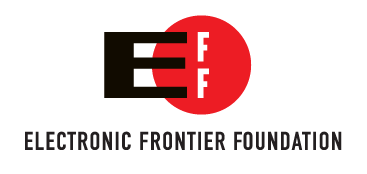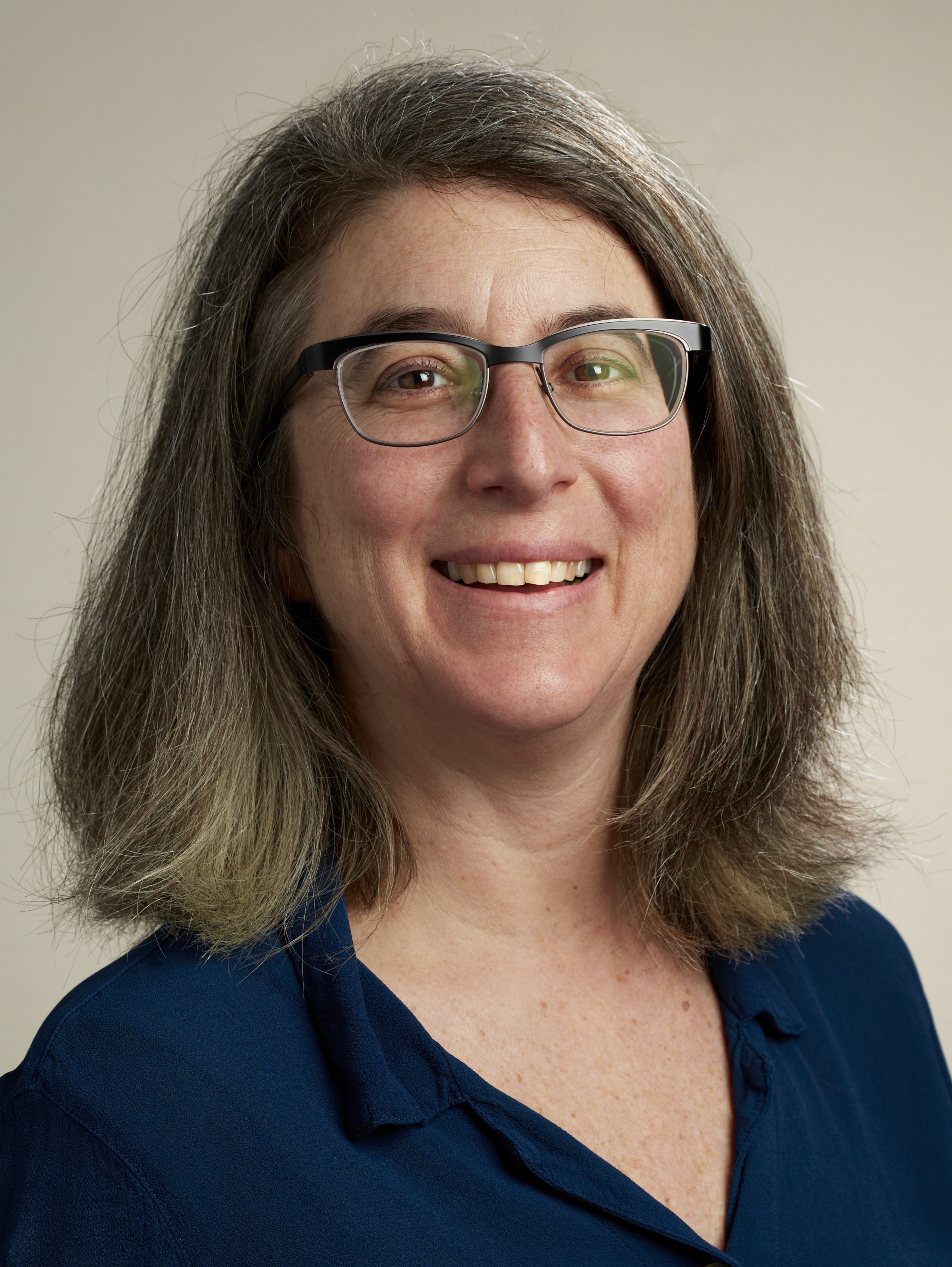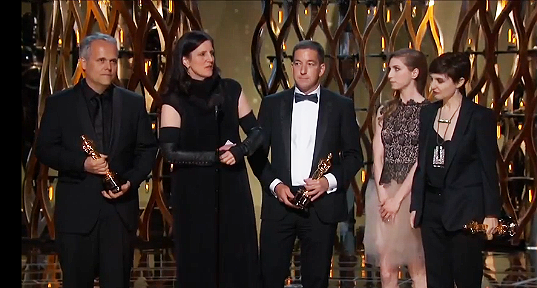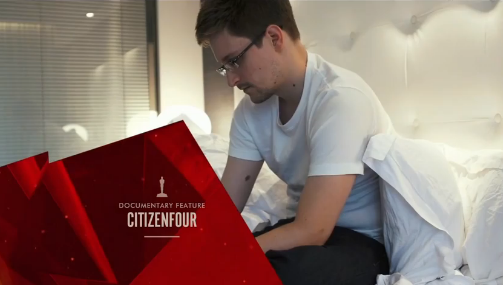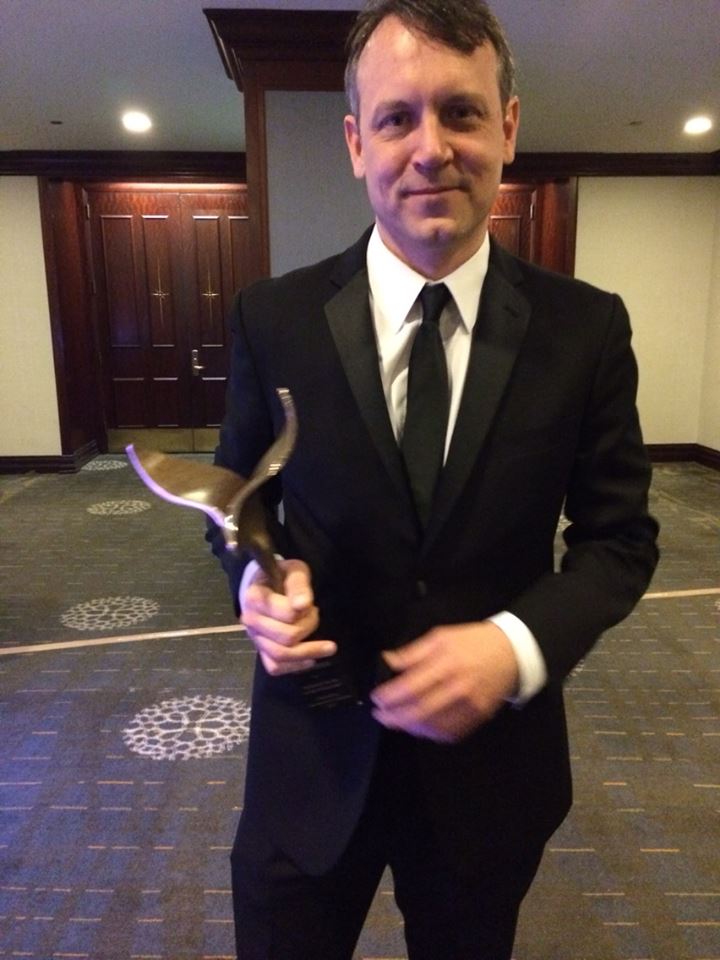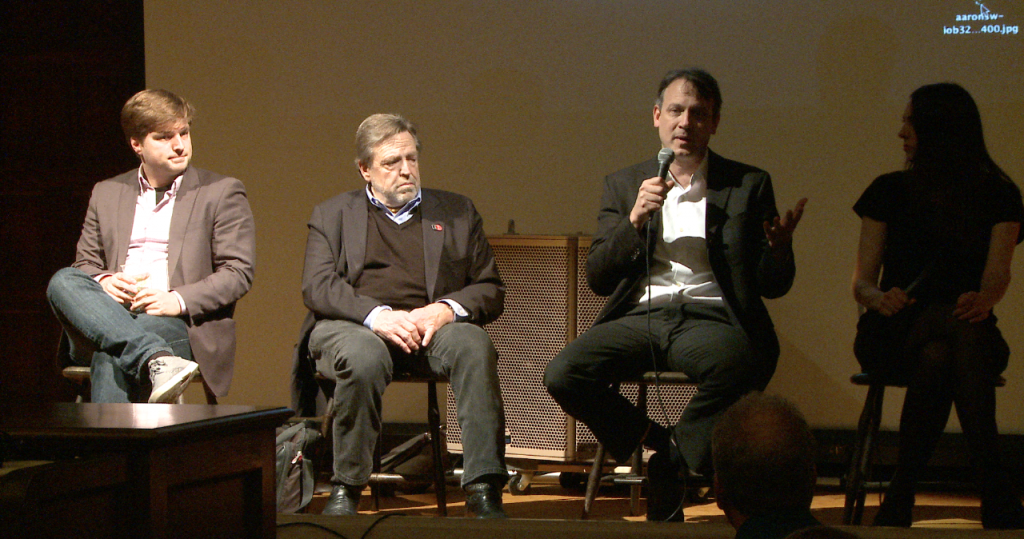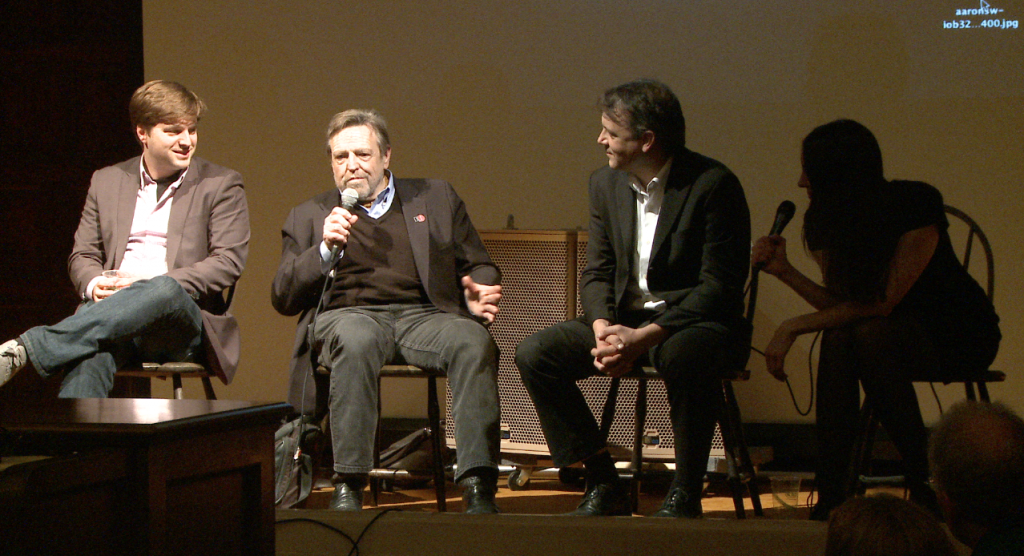Ed Snowden was on Neil deGrasse Tyson’s “Star Talk with Ed Snowden Part 1” on September 18th, and Neil asked him some pretty amazing questions that really clarified the issues surrounding Snowden’s actions when he blew the whistle on the U.S. Government’s surveillance of its domestic population.
Turns out, there’s no such thing as an Oath of Secrecy, for CIA and NSA agents; only a Civil Non-Disclosure Agreement (“SF 312″ — that’s the thing that says ” you shall not disclose secret or classified information”). Then, on your first day on the job, you take an Oath of Service “to defend the Constitution of the United States against all enemies foreign and domestic.”
These were the two documents that Snowden had to weigh against each other, when he made his decision to choose the Constitution over “SF 312.”
There’s a question here of “is this something that’s some sort of minor, one-off departure from regulations? Or is this a fundamental, continuing, and massive violation of the Constitution? When you have the National Security Agency, for example, as the courts said, operating outside of the law. In fact, in violation of the it. And violating the 4th Amendment rights of 330 million Americans, every second of every day. That, I think for most people, would change their calculus. — Ed Snowden
Here’s a transcript from the interview excerpt:
(at 49:23 in)
Neil deGrasse Tyson:
An issue many people have about whistleblowers, such as Ed Snowden, and, of course, Daniel Ellsberg, from back in the 60s and 70s, when the Pentagon Papers were released, is that, they were “under oath” by the government to protect its secrets, and that they directly violated this understanding or trust. I raised this point.
What he said took me to a new place. Because, part of me is saying, “Look, you’re making America a less safe place. These are secrets. Of course, we’re gonna have secrets. And you can’t have all secrets that everybody knows because then you cannot conduct operations that would be in the interest of protecting American lives.
So it was a clear point to me, and presumably, others. But, why did he not get it? Was there some other thought process going on in his head, that I had yet to glean, or perhaps others had yet to see?
Let’s check it out.
NT: Where’s your allegiance? Wasn’t it to the NSA? Didn’t you swear allegiance to be “Secret Agent Man?” I mean…
ES: That’s a really good question, because that is actually a fairly common criticism. Was that, some say, ya know, I broke an oath. But they actually aren’t familiar with the way that the oath and the non-disclosure agreements and so on. How the secrecy agreements work in this community.
I didn’t swear an “Oath to Secrecy.” There’s no such thing, when you join the CIA or the NSA. It doesn’t exist.
There is a government form, called SF 312. A standard form of, ya know, bureaucratic legalese. That’s a civil non-disclosure agreement. That says you should not disclose secret or classified information or whatever. There will be possible civil or criminal penalties, and so on, if this occurs. But then, at the very first day, you walk in to service as a government officer, a staff officer, of the Central Intelligence Agency. You take what’s called the “Oath of Service,” which is not to secrecy, which is not to protect classified information. It’s “to defend the Constitution of the United States against all enemies foreign and domestic.”
So, the question is “What do you do, when your obligations come in conflict. When you have a standard government form on the one hand. The civil agreement. A non-disclosure agreement.
NT: SF 113 or whatever it is…
ES: “SF 312.”
NT: 312, Okay (laughing).
ES: And then you’ve got “The Constitution” on the other. And it also matters, “what is the significance of these breaches?” There’s a question here of “is this something that’s a, some sort of minor, one-off departure from regulations? Or is this a fundamental, continuing, and massive violation of the Constitution? When you have the National Security Agency, for example, as the courts said, operating outside of the law. In fact, in violation of it. And violating the 4th Amendment rights of 330 million Americans, every second of every day. That, I think for most people, would change their calculus.
